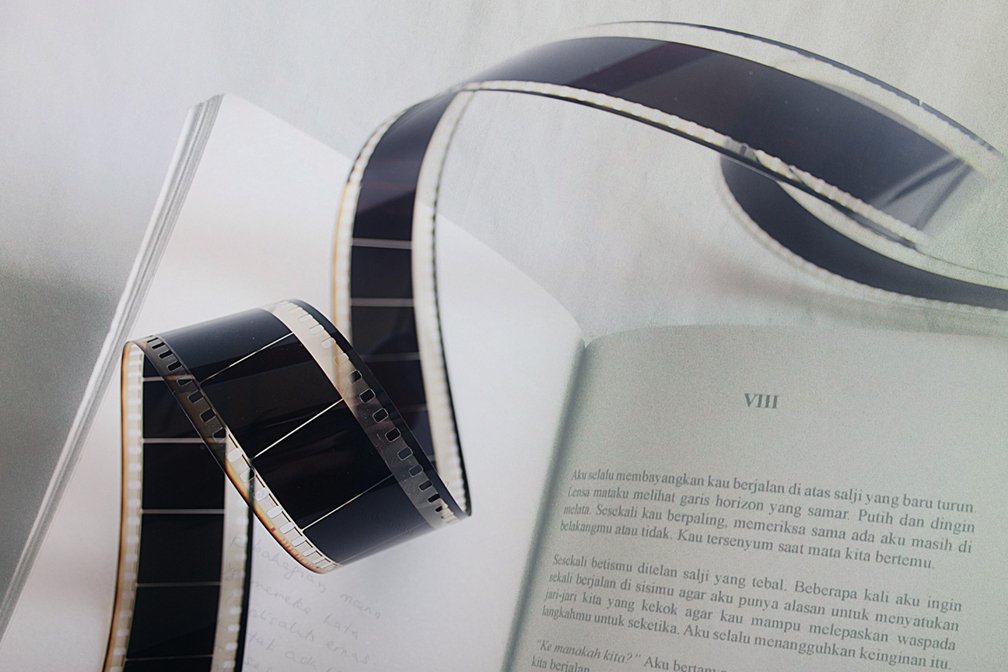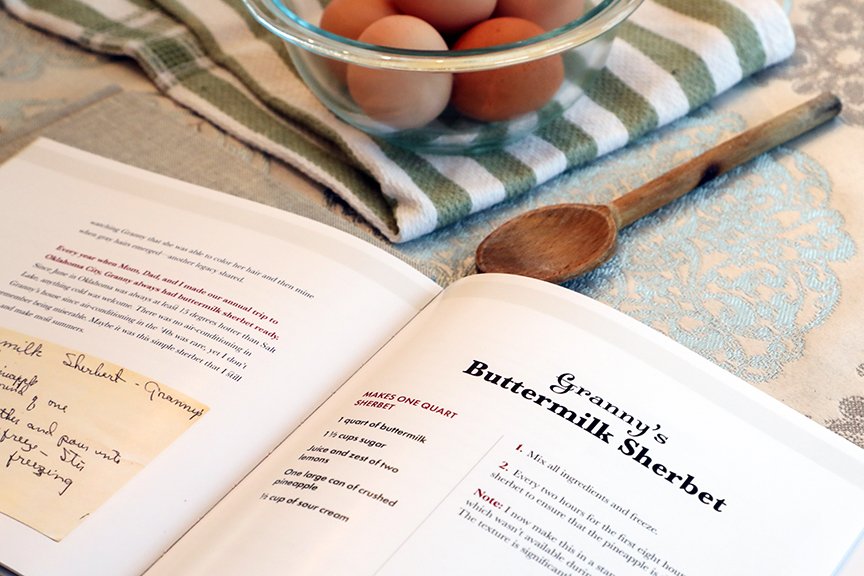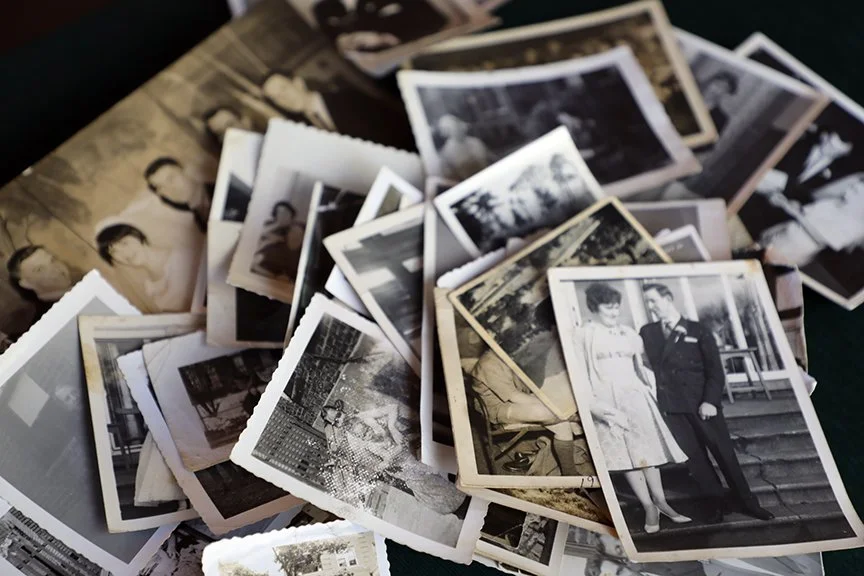Our family stories are precious and invaluable, and we can help infuse them with richness and vibrancy by bringing them into historical context. But as memory fades and details are morphed, misremembered, or completely lost over time, we must rely more heavily on genealogical and historical records to fill in the narrative gaps. That said, genealogical sources can only tell part of our history, and often leave us hungry for more information when family stories are lacking in detail.
Through research, we get to feel the deep satisfaction of seeing our family stories laid out in black and white, though we may end up with more questions than answers. Typically, original family stories mostly involve who-what-where information, and the general stories our relatives remember and are willing to tell us. Where do we go from there?
Historical and genealogical records—rich in factual data—have a way of directing family researchers to specific questions of a more abstract nature. For instance:
Why did they move there?
How did they come to have that job?
Why did they stop going to school so young?
Why is that family member missing from the census?
Records also have a way of completely turning family stories on their heads. In that situation, there is only one logical question we can ask:
Huh?
Then, of course, we must continue to follow where the research takes us, bookmark or “shoe box” any items we are unsure about, and keep asking ourselves the questions that historic records alone cannot answer.
Our family members are our best resources when seeking clarification, and oftentimes a group setting can help set off a chain reaction of memory sharing.
This holiday season, enrich your own research with the help of your family
A festive gathering is the perfect setting in which to discuss your family with your family. Along with sharing any interesting discoveries you’ve made since your last family get-together, this is a prime opportunity to “crowdsource” your family members’ individual knowledge about certain people or events that historical source materials may not be able to fully illuminate.
Come prepared with questions.
If you have a particularly large family, you may want to divide your list of questions between those that could be answered by one specific person, and those you think would be best posed to the whole group.
Ask to record your family members’ answers.
…or be prepared to take notes. Audio or video recordings are best, but it is important to respect the wishes of anyone who does not wish to be recorded.
Allow the “dinner table conversation” to flow naturally.
In many cases, multiple family members can offer different perspectives, and even add important details that others have forgotten (or were never told). So listen closely, and serve as a conversation guide so everyone who wants to participate gets their turn speaking.
Be mindful of mine fields.
Approach your questions with appropriate gravitas, especially when it comes to the death of a family member or any traumatic event in the family lore. You want answers, but not at the expense of dampening the festive atmosphere.
Be thoughtful when presenting new family history discoveries.
If you choose this occasion to “rewrite” an old family story that turned out to be—ahem—apocryphal, come with receipts. Be prepared to show your family members what you’ve learned on a computer, tablet, or printout. Make sure your screen or print scale is large enough so that everyone can comfortably view what is written. And keep it positive! New discoveries can be very exciting, and can unearth vague recollections that were long discarded.
Don’t forget to make memories of your own.
Some of my favorite holiday memories are of the discussions we had following big family dinners. One year in my early twenties, as we all nursed coffee and dessert, we listened to my grandfather, mom, aunt, and uncle all enthusiastically tell common stories about my late grandmother and her family—and the whole table learned, at the same time, that my grandmother had told them all different parts of the same story.
Wishing you and yours a lovely holiday season, and a happy and healthy new year.
______________________________
Rachel S. Silverman is a New York City–based professional genealogist specializing in Jewish family research in the United States and Eastern Europe.






















